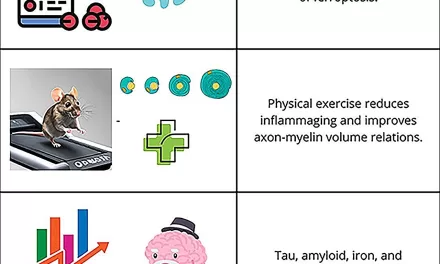Preliminary findings from a recent study presented at the American College of Cardiology (ACC) 2024 annual meeting suggest that a novel intervention focusing on spirituality significantly improved endothelial function and reduced systolic blood pressure among individuals with hypertension.
The intervention, spearheaded by Maria E. Figueiredo Teixeira, MD, PhD, from the Hypertension Unit at the Federal University of Goiás, Goiânia, Brazil, utilized a unique approach of delivering daily positive messages via a mobile application. These messages, centered around themes like forgiveness, gratitude, purpose of life, and optimism, aimed to foster spiritual reflection and growth among participants.
Dr. Figueiredo Teixeira emphasized the importance of considering spirituality in healthcare practices, highlighting its potential impact on overall health. She noted, “We must learn how to assess spirituality in our practices because it’s part of being human, it’s part of all of us, and it seems to have an effect on our health.”
The study, known as the FEEL study, involved 100 Brazilian patients with hypertension, with an average age of 57 years, who were randomly assigned to either the intervention or control group. Throughout the 12-week study period, participants in the intervention group received daily messages via WhatsApp, while those in the control group did not receive any specific intervention.
At the study’s conclusion, participants who received the intervention experienced notable improvements in endothelial function, as indicated by an increase in flow-mediated dilation (FMD), a key marker of vascular health. Additionally, the intervention group demonstrated a significant reduction in systolic blood pressure compared to the control group.
Dr. Figueiredo Teixeira underscored the potential of spirituality-enhancing interventions as complementary approaches to traditional medical therapies for managing hypertension. While acknowledging the need for further research to elucidate the mechanisms underlying these effects, she emphasized the promising implications of incorporating spirituality into healthcare practices.
Eileen Handberg, PhD, from the University of Florida, Gainesville, Florida, commended the study’s findings, highlighting the empowering message that individuals have some control over their health outcomes. She emphasized the importance of surrounding oneself with positivity and noted the potential of spiritual interventions in mitigating stress-related conditions like hypertension.
Despite the promising results, researchers cautioned against overlooking potential negative impacts of digital exposure, emphasizing the need for mindful consumption of online content to safeguard mental and physical well-being.
In conclusion, the preliminary findings of the FEEL study offer valuable insights into the potential benefits of spirituality-focused interventions in improving cardiovascular health outcomes, underscoring the importance of holistic approaches to healthcare. Further research in this emerging field promises to shed more light on the intricate interplay between spirituality and health.












